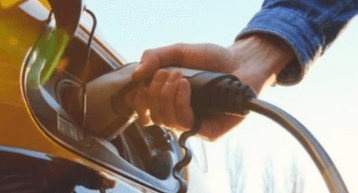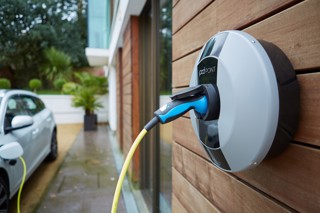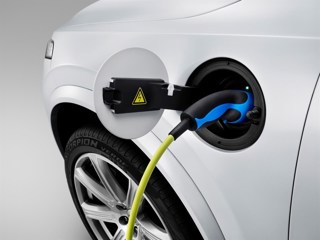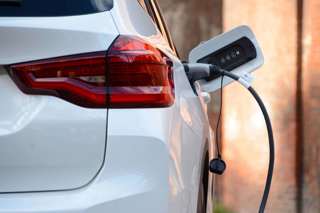Government’s axing of its plug-in car grant (PiCG) electric vehicle buying incentive will “heavily disincentivise EV adoption”, according to the National Franchised Dealers Association (NFDA).
Ministers made good on their warning of future “overnight” changes to the scheme – following December's reduction in its value and the eligibility of more expensive cars – with this morning’s (June 14) announcement that the scheme had been abolished at 7am.
NFDA chief executive Sue Robinson said: “The decision to close the Plug-in Car Grant is exceedingly disappointing as it will, without doubt, heavily disincentivise EV adoption across the UK and has the potential to derail the positive progress the automotive sector has made towards decarbonising transport.
“This move sends the wrong message to consumers and will ultimately harm less affluent families seeking a transition to a cleaner method of transport.”
A notice from the Office for Zero Emission Vehicles (OZEV) announced the end of the PiCG. It said: “The government is now refocusing funding towards the main barriers to the EV transition, including public charging and supporting the purchase of other road vehicles where the switch to electric requires further development.”
OZEV added: “All existing applications for the grant will continue to be honoured and where a car has been sold in the two working days before the announcement, but an application for the grant from dealerships has not yet been made, the sale will also still qualify for the grant.”
MG Motor UK retailer Robin Luscombe, the managing director of Luscombe Motors, said that PiCG appeals made in the seven-day buffer allowed by OZEV in the last round of changes are only just being honoured, however.
He told AM: “You can see why government have done it, they need to start focussing their spending on infrastructure, but this is a real headache for EV buyers and makes like extremely complicated for retailers.”
Luscombe acknowledged that Government’s decision will likely have been informed by a period it time when EV demand is dramatically outstripping supply, with OEM discounts off the table.
The move is likely to further disincentivise swathes of less affluent car buyers from making the switch to an EV, however.
In a recent AM News Show podcast Auto Trader brand director Marc Palmer asserted that “areas of affluence” are the UK’s hotspots for interest EVs as the cost-of-living crisis continues to squeeze car buyers’ purse strings.
“The correlation between charge points and EV interest doesn’t exist, not even the ultra-low emissions zone or clean air zones”, said Palmer.
“Affluence is (the key). It’s not a North/South divide or urban/rural, where people have got a place to charge the car and the means to afford it, that’s where we see the most interest.”
Car retailers were warned in May last year that, while the current grant had been extended until 2022/23, future changes would follow a similarly rapid delivery after March 2021’s £500 cut to the grant – and accompanying £15,000 reduction in the price cap for vehicle eligibility – which were criticised for their “overnight” imposition.
Seven months later Government reduced the scope of the PiCG further, its value falling from £2,500 to £1,500 as the value of vehicles eligible for the funding assistance reduced from £35,000 to £32,000.
Commenting on the PiCG’s removal today, Robinson said: “The PiCG existed as a highly effective and highly utilised financial incentive to support UK motorists in their transition to electric.
“The grant cut will now expand the disparity between regions even further, as we understand that the initial cost to an EV still remains to be the key barrier to entry, with the majority of current EV owners home charging their cars overnight.
“Although the market share of electric vehicles is continuing to grow at an impressive rate, it is premature to remove this vital support mechanism and risks the UK falling behind other G7 nations in reaching their challenging net-zero targets.
“The NFDA has already spoken with the Department for Transport (DfT) to outline our concerns regarding the continued descaling of Government subsidies for EVs and we strongly encourage our members to contact us if they require any assistance or clarification.”


















Login to comment
Comments
No comments have been made yet.